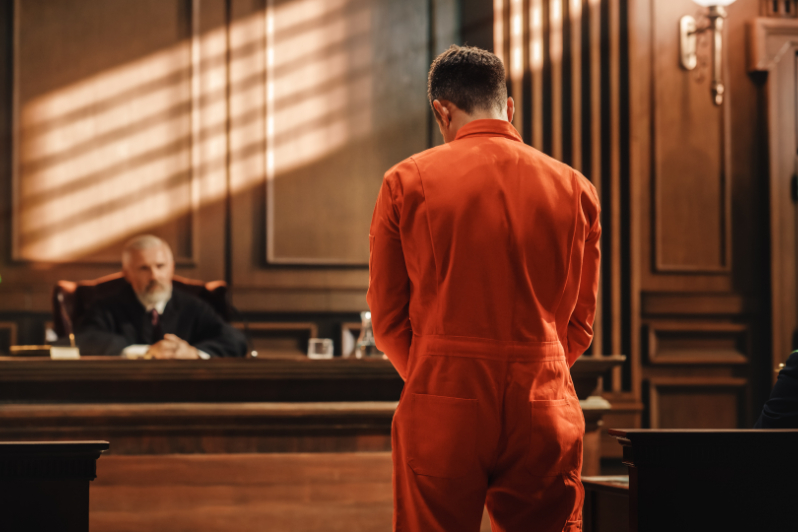

While many Louisianians may be familiar with the 1992 film “Double Jeopardy” shot in New Orleans, they may not know how the rule works in criminal law. Double jeopardy is a right guaranteed to all Americans under the fifth amendment of the U.S. constitution. This right prevents an individual from being tried for the same crime twice. In other words, if you were already convicted or found not guilty of a crime, a prosecutor cannot charge you for that crime again.
If you feel that your double jeopardy rights have been violated in Louisiana, an experienced criminal defense attorney can help. Your attorney will conduct a full and independent investigation into your case to determine if and how your rights have been violated and advise you on the best course of action moving forward.
When and How Does Double Jeopardy Apply in Louisiana?
Double jeopardy applies to criminal cases and prevents a person from being tried for the same crime more than once. While a convicted individual has the right to appeal their conviction, the prosecutor cannot appeal a not guilty verdict or an acquittal. However, double jeopardy only applies when you are in actual legal jeopardy. This means that being charged with a crime is not enough for the rule to apply.
Double jeopardy applies once the jury is sworn in or the judge begins to hear evidence of the case. Simply put, a trial must begin for double jeopardy to apply. Once the trial begins, the prosecutor loses their right to retry you for the crime.
The Exceptions to Double Jeopardy in Louisiana
While double jeopardy exists to protect those accused of crimes, there are several exceptions to the rule. One important exception is that double jeopardy does not apply to civil cases. If a person is convicted or acquitted for a crime, they could still be sued for damages for the same offense in a civil proceeding. Some other examples of exceptions to double jeopardy include:
Different Sovereigns
Double jeopardy does not prevent an individual from being tried by two separate entities. This means you could be tried for the same crime at the state and federal levels. For example, if someone is charged with possessing a gun after being convicted of a felony, they are breaking both state and federal law and could be tried accordingly.
Various Offenses
While double jeopardy protects those accused of crimes from being charged for the same offense twice, you could still be charged for a different offense related to the crime in question. Suppose that a person committed a homicide while carrying out a robbery. While both offenses occurred simultaneously, the person can be tried for both the homicide and the robbery.
Dropped Charges
It is essential to remember that jeopardy only applies once a trial begins. If the prosecutor decides to drop your charges before the case goes to trial, they could charge you for the same crime again once they have enough evidence to go to court.
Partner with an Experienced Louisiana Criminal Defense Attorney
While double jeopardy is a fundamental right that applies to all Americans, it can sometimes be challenging to determine if it applies in your unique situation. An expert criminal defense attorney like Eric G. Johnson of the John D. and Eric G. Johnson Law Firm will review every detail of your case and criminal history to help you determine how the rule applies and your next steps. Attorney Johnson has dedicated his 30-year career to protecting the rights of criminal defendants across Louisiana and is committed to providing top-notch legal services to each and every client. To learn more about how he can help you and schedule a free consultation, call us at (318) 377-1555 or complete our contact form today.
